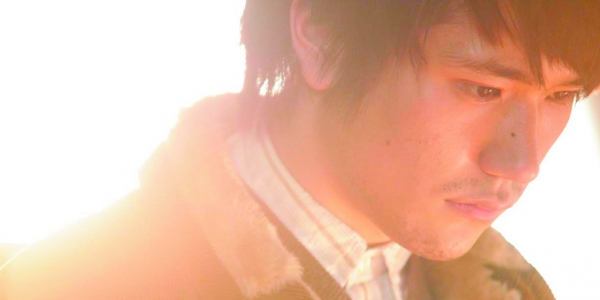Taking its title from the classic Beatles song of the same name, Norwegian Wood is a visually beautiful, elegiac and haunting tale of love, longing, loss of innocence, guilt, sexuality and obsession from award winning French-Vietnamese director Tran Anh Hung (Cyclo, The Scent Of The Green Papaya, etc).
Based on the widely acclaimed best selling novel by Japanese author Haruki Murakami, Norwegian Wood is set in Japan in 1967, a turbulent time when student revolts were challenging the fabric of society. The rest of the world was undergoing change and the sexual revolution was in full swing. But Japan had a different moral code and attitude towards sex, which leads to tragedy here.
Upon hearing the song Norwegian Wood, Toru Watanabe (Kenichi Matsuyama) reflects back on his friendship with his best friend Kizuki (Kengo Kora) and Naoko (Rinko Kikuchi, from Babel, etc). But after Kizuki committed suicide over his failed relationship with Naoko, the nature of their friendship changed. Several years later Toru meets Naoko at university. The psychologically damaged Naoko suffers from a deep depression and spends a lot of time in rehab. When she finally makes contact many months later, Toru visits her, but finds that her recovery is painfully slow. Toru’s roommate Nagasawa (Tetsuji Tamayama) attempts to cheer him up by dragging him to nightclubs to meet girls. He meets the beautiful Midori (model Kiko Mizuhara, making her film debut), but his relationship with her is overshadowed by his feelings for Naoko.
Unfolding in a series of extended flashbacks, Norwegian Wood is a melancholic and painful coming of age story that explore the complicated love triangle that develops between Toru, Naoko and Midori.
The performances from the three leads are sublime and effective. Matsuyama manages to convey the introverted Toru’s inner turmoil effectively. Kikuchi is also very good as the emotionally fragile, troubled and unstable Naoko.
The stunning visuals from Hong Kong cinematographer Mark Lee Bin Ping (In The Mood For Love, etc) are exquisite and lush, and perfectly match Hung’s sublime, poetic vision. The film has an aesthetic quality and a breathtaking surface beauty that is hard to ignore. Hung’s atmospheric and beautifully languid approach to the source material does its poetic and lyrical prose justice. Powerful emotions are expressed in silence, and there is a stillness that resonates throughout. The haunting score from Jonny Greenwood (Radiohead guitarist) offers a perfect complement to the film’s nostalgic tone.
BY GREG KING







